When we think or talk about contemporary Indian TV shows, Anupama is the first thing that comes to mind. The show has been celebrated as an empowering tool so far, and that makes it look something important. And it is trying, more than most shows did till now. But there are so many times when the writers and creators seem to forget or miss out on what gender equality means. The issues that it tries to raise, need our attention, sure, but the way they are handled is almost irresponsible. And that’s concerning.
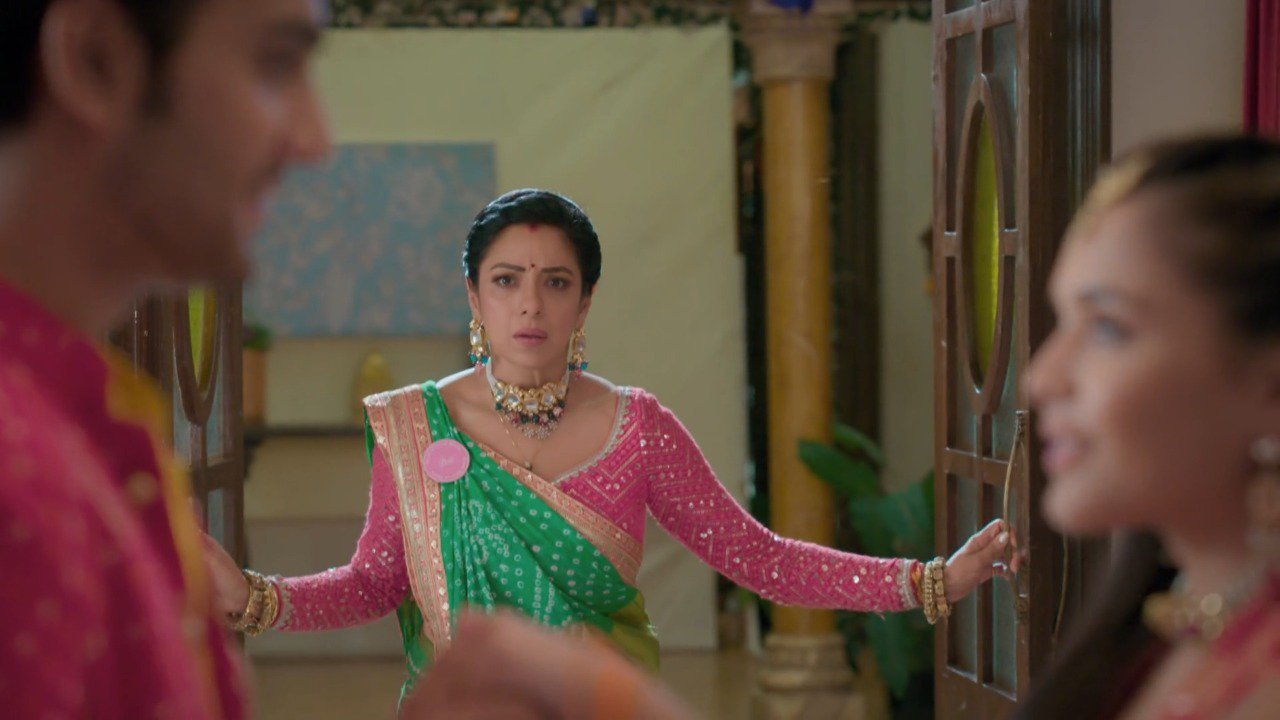
All these times are proof:
1. The reaction on domestic violence
In a recent episode, the show addresses domestic violence, which is the first time I saw that happen in Indian television. And that deserves acknowledgement. But that ends there, because the way the topic was dealt with, requires thought. For instance, Anupama asks her daughter to take action against her husband, who had been violent. She then delivers a monologue, calling out women for not speaking up enough. The issue is, it’s easier said than done, because not everybody comes from an environment where raising voice is easy. In a perfect world, it’s important, but we don’t live in a perfect world.
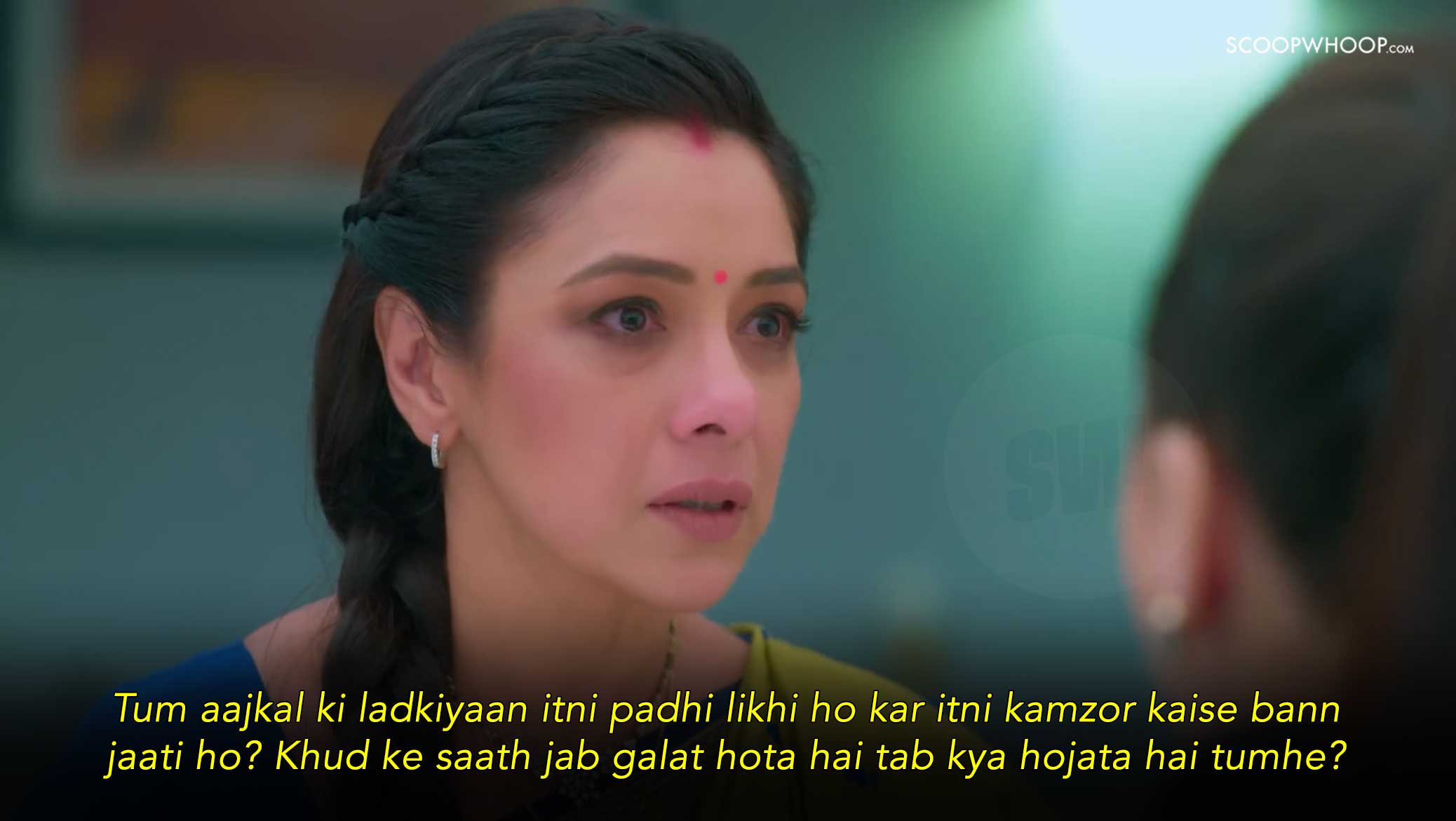
2. Women splurging their husband’s money
When the show first started, it was glorified as something very fresh that aims to break stereotypes around women. But now, it’s literally part of the problem. According to the show, there’s a character, called Dimpy who asks her husband to pay up for the things that she ordered. Because well, women do that. And what makes it worse is that they have shown her as a reckless person who’s splurging whereas the husband is responsible. Mind you, they’re both unemployed, but the woman is the problem.
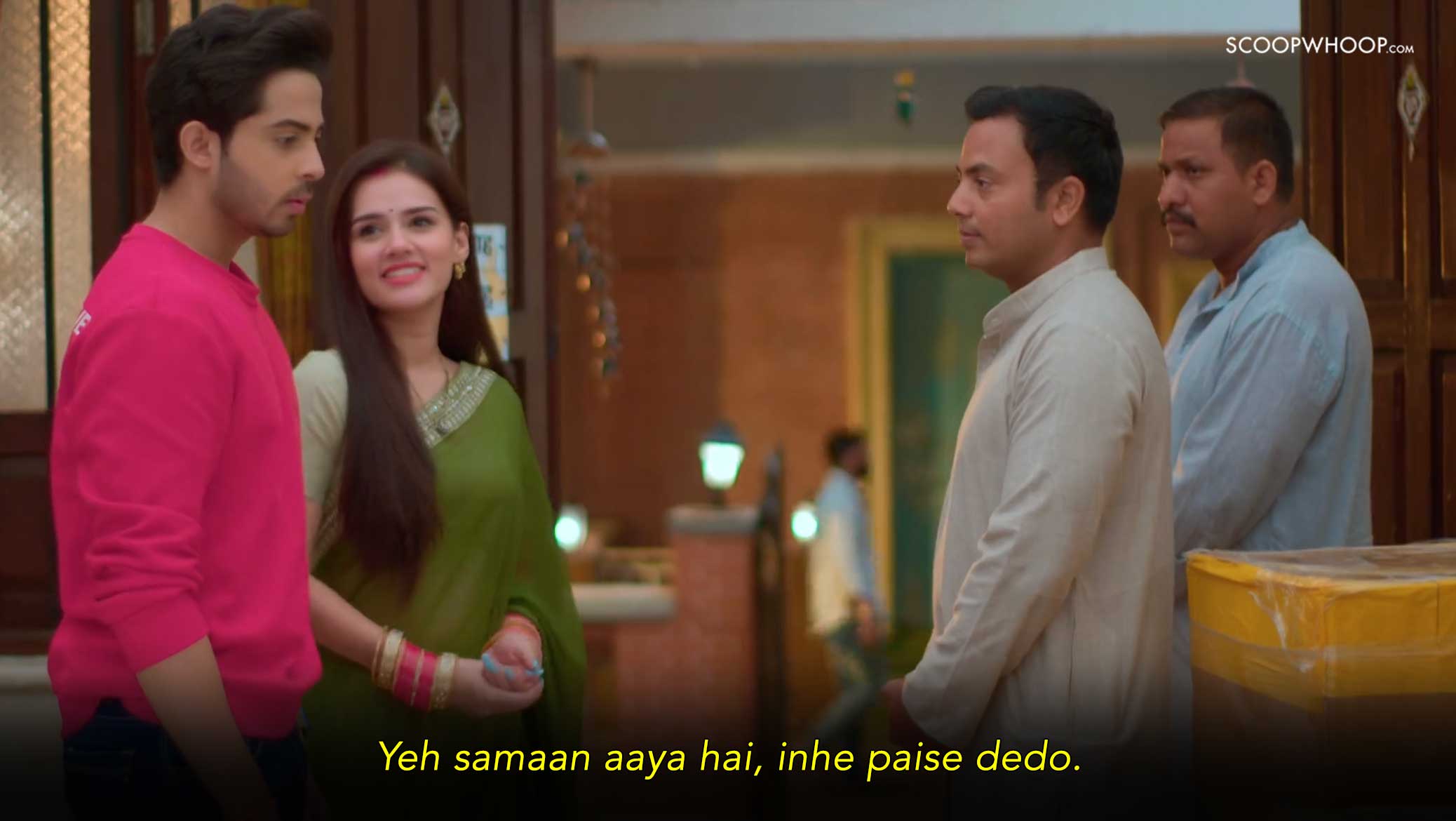
3. If the wife doesn’t cook, no one will
Again, Anupama stresses so much on how men and women should be treated equally, that it’s preachy when the opposite happens. In one episode they’ll make you believe that they are all for empowering women. And then, the plot loses its own point. For example, in one episode, the daughter-in-law could not cook, because they were shifting. So, she ordered sandwiches, which the husband hated. Of course, she was looked down upon for not knowing what he likes, and ordering food from outside. The issue is, if he has a problem, why can’t he cook or order for himself?
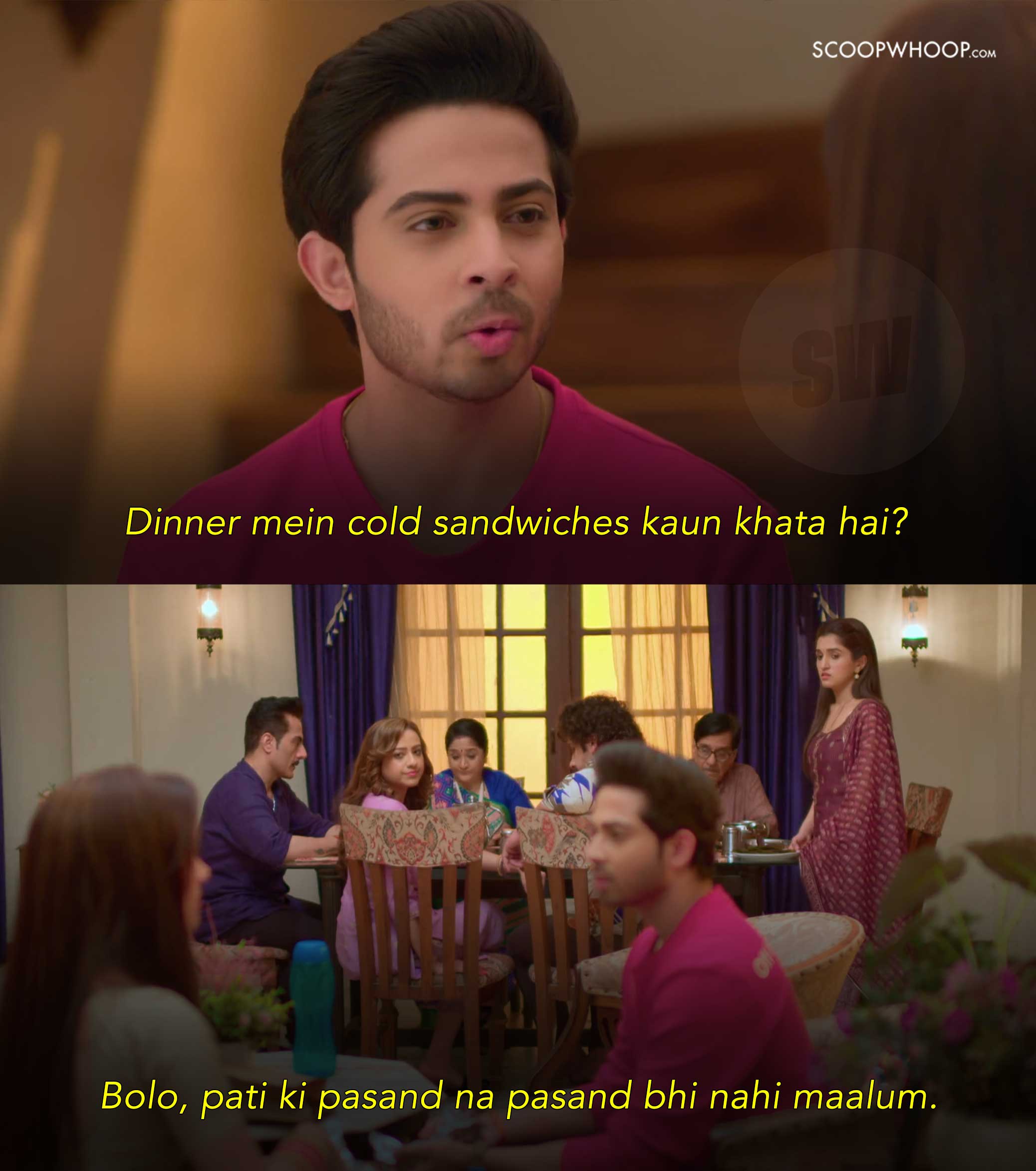
4. Villianzing women
The show also uses women as the one causing all the major problems. Sure, there’s Anupama who’s a ‘savior figure’, but it’s mostly the woman who’s the antagonist. For instance, a daughter-in-law who wants to separate the family, a woman who wants to break up a couple, and more. This is not very different from old TV shows which showed women as villains.
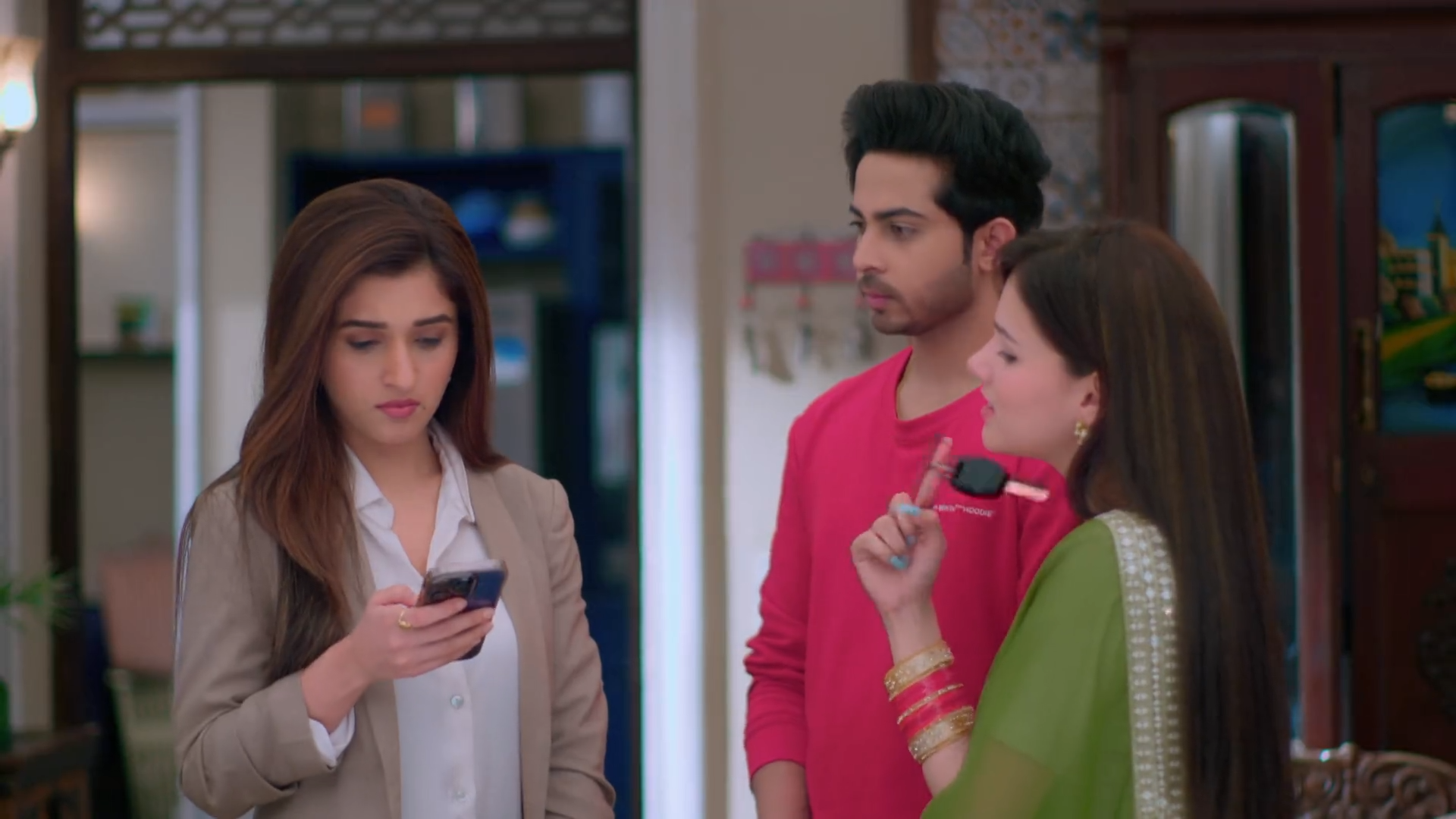
5. Mothers having to sacrifice.
We can say that Anupama finally talks about how mothers are put on a pedestal, but it hardly knows that that is a problem. It tries. But it forgets. The show has pointed out too many times, that it’s the mother who has to give up on things for the kids. They talk about how that should not happen, but the show also celebrates when Anupama does sacrifice things for her family. So, there’s a lot of preachy behaviour.
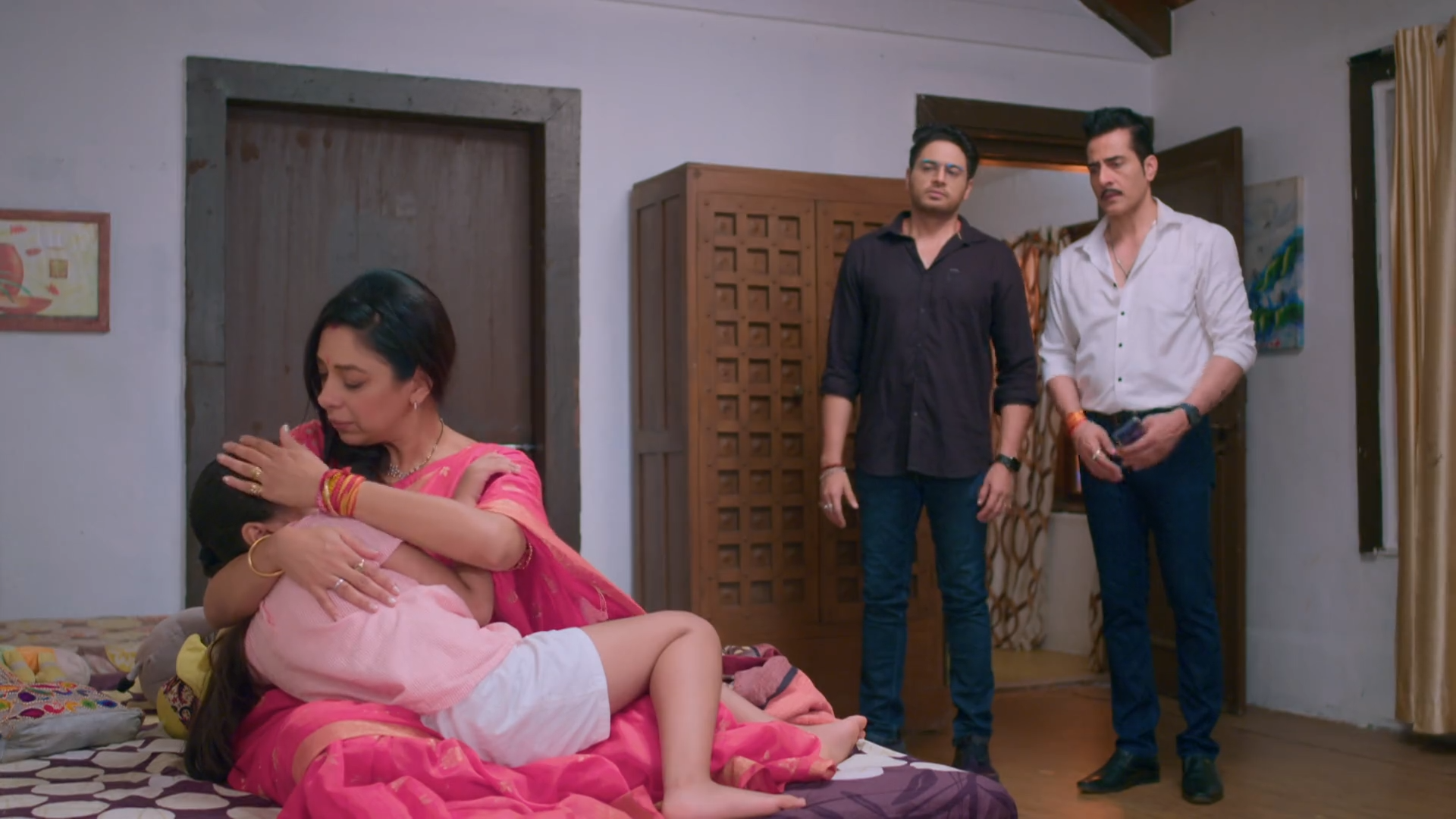
6. Portraying the ‘ideal bahu‘
The show also indirectly tells us what the ideal bahu is. She can have a job, take a stand and more of that. But none of it should interfere with the families priorities. She should complete the chores first and then leave for her work. She can take a stand, but only for the family; and in doing so, it becomes part of the problem, because we are made to ‘like’ the characters who do this. For example, a daughter-in-law (Kinjal), works and also manages all the chores at home, and the show portrays that as the ideal.
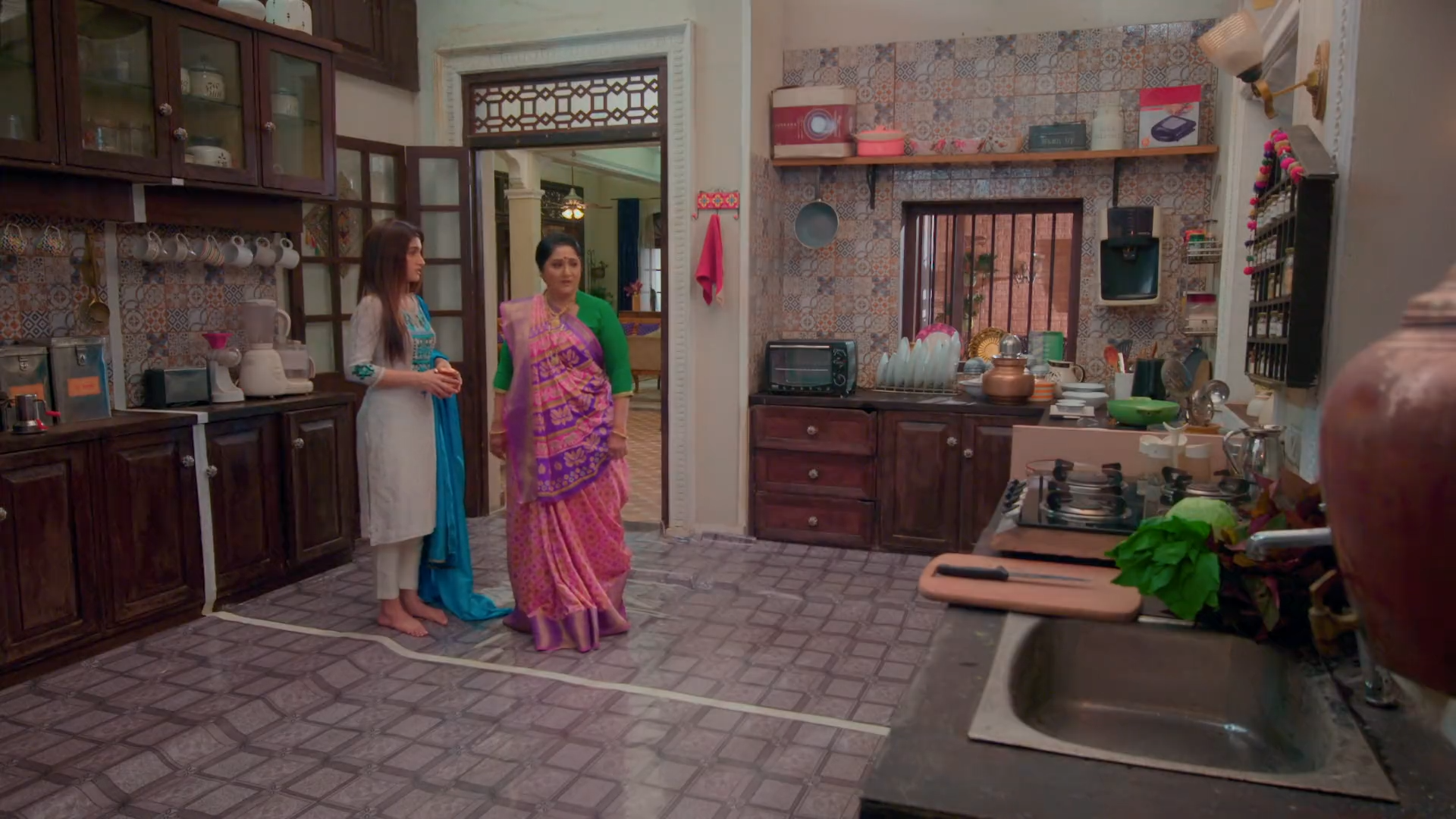
7. Normalizing hitting children
The daily soap already shows children as irresponsible people who have no sense of their lives. Like in one episode, there was an entire monologue which was about teenage relationships and dating as something bad. In a recent episode, the protagonist (Anupama), went on to compare domestic violence with hitting children. She mentioned that its fine when parents slap or hit their kids, because they have good intentions. But same is not the case with domestic violence. No, Anupama, you should not be comparing the two, and hitting kids is not okay!
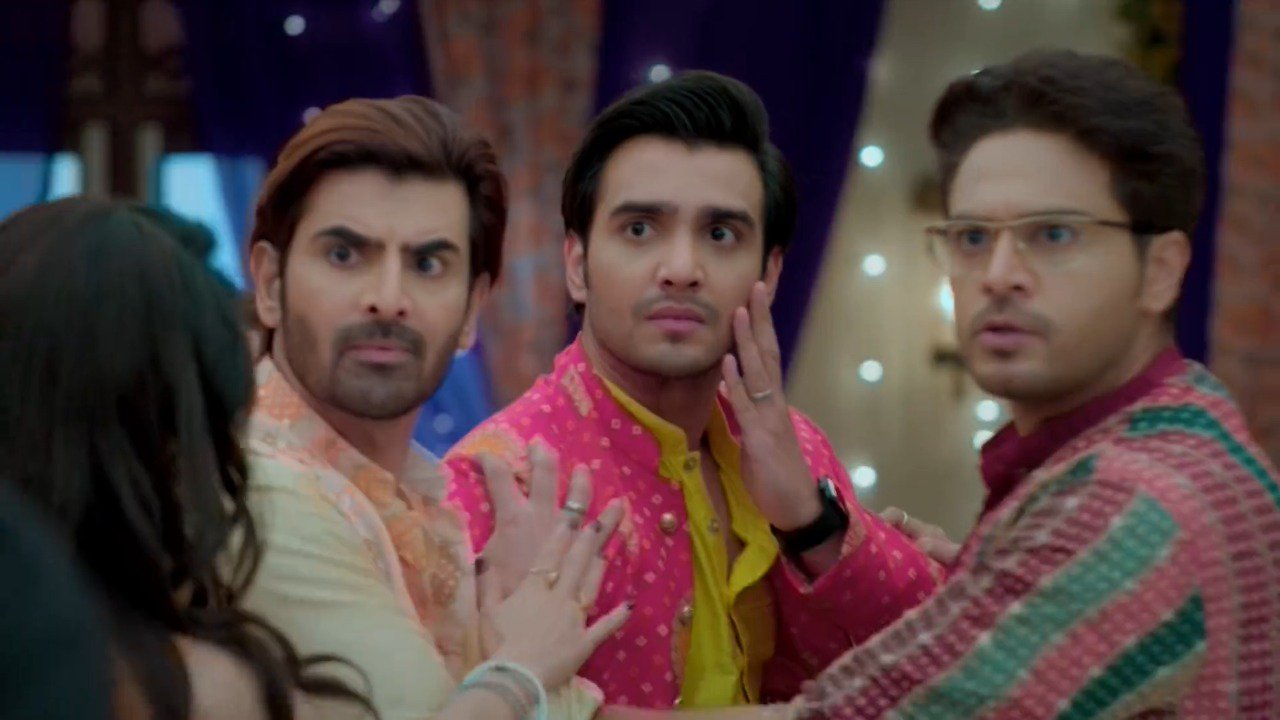
8. SO much preaching.
Each episode starts and ends in a monologue. This monologue comes from the same person, the protagonist, who’s portrayed as a savior. She keeps telling women the need to take a stand, but so much of it is just preaching. Because there’s hardly any stand for women on the show. For instance, a woman, whose husband had cheated on her, asks Anupama to take a stand (because everyone only listens to her). And that’s when she decides not to interfere. So these monologues are very selective and mostly preach how “women should behave”. In many ways, the opposite of what the show thinks it does.
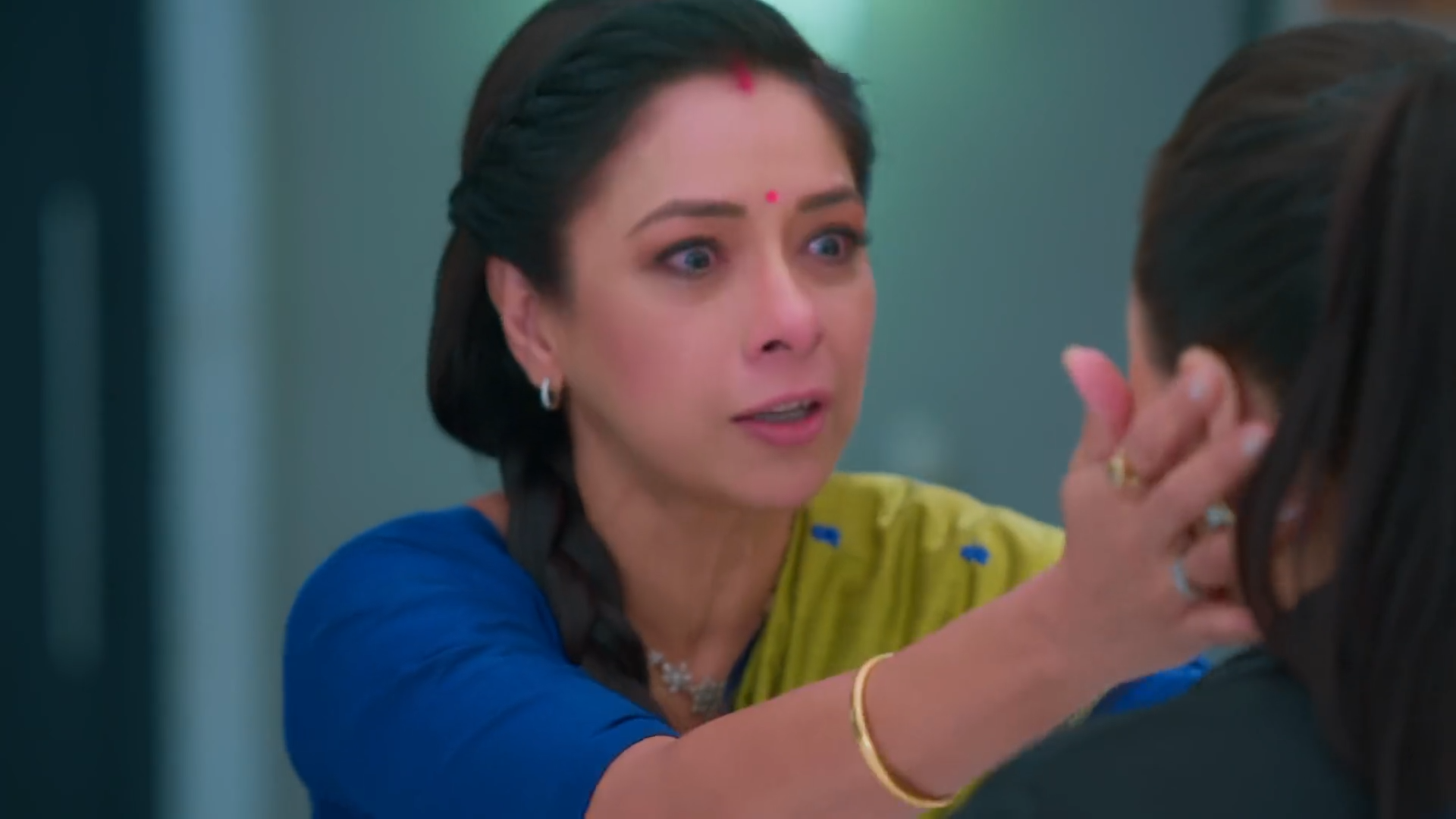
This feels like a step in the wrong direction.

















